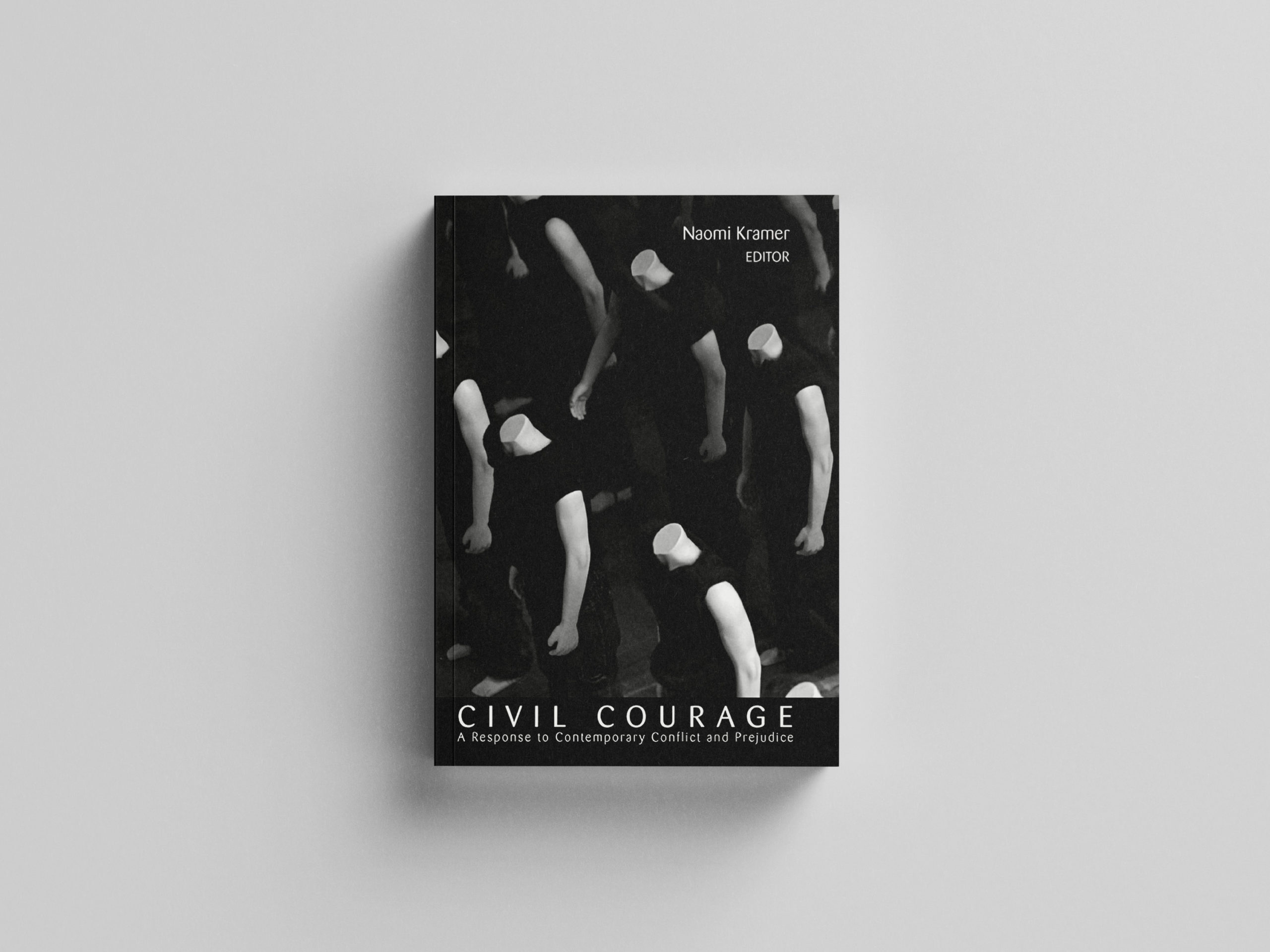Courage civil
Une réponse aux conflits contemporains et aux préjugés

This wonderful book speaks to the dream I have had all my life both as a Jew and as a genocide scholar: that honoring the Holocaust be a springboard for messages of moral courage and caring for all life, Courage civil moves gracefully between testimonies of the Holocaust, creative issues in Holocaust education, and translation of the archetypal meanings of the Holocaust into a call to humanity to care about all humanity; In the name of the Holocaust, and with a realism about contemporary threats of new holocausts, including weapons of mass destruction, this book contributes to standing up courageously for a saner world.
Israel W. Charny, Executive Director, Institute on the Holocaust and Genocide, Jerusalem
Editor-in-Chief, Encyclopedia of Genocide
President, International Association of Genocide Scholars (IAGS)
Civil Courage: A Response to Contemporary Conflict and Prejudice, a compilation of essays by contributors from around the world is organized in four sections.
Moral Choices: Why did the Nazi not respond with horror and revulsion to the killing of other humans? Why recent times, have we failed to respond with urgency to contemporary genocide and genocidal acts? Martin Doerry, Ronald Headland, Sevak Manjikian, and Pierre Sauvage offer their perspective on the moral choices that invariably arise in the context of genocide.
Issues in Holocaust Education: Yair Auron, Neil Caplan, Motti Golani, Brian Hanrahan, Angelika Maeser Lemieux, Yahurio Tae, Dan Schreiber, and Ray Wolpow examine the effectiveness of various teaching methods from diverse national perspectives. The issue in Holocaust education today is to show that there are general principles for human behavior to be gleaned from the Holocaust. If we are responsible educators, the causes of the Holocaust must be addressed in order to prevent future genocide.
Contemporary Jewish Identity: Emanuele Ottolenghi and Mark Weitzman examine contemporary antisemitism in Europe and North America respectively. Michael Pollan reflects upon Jewish identity from the unique perspective of a young Jew who worked as a civil servant for the Austrian government in a program designed to acknowledge Austria’s role as a perpetrator of the Shoah.
Testimony: Firsthand testimony will soon be available only in memoirs or record oral histories. In the future, second and subsequent generations must speak as witnesses. Sheldon Schreter, a grandchild of Holocaust victims, describes a visit with his fours sons to Sighet, Romania, his parents’ birthplace, and struggles with the question of “Why?”
